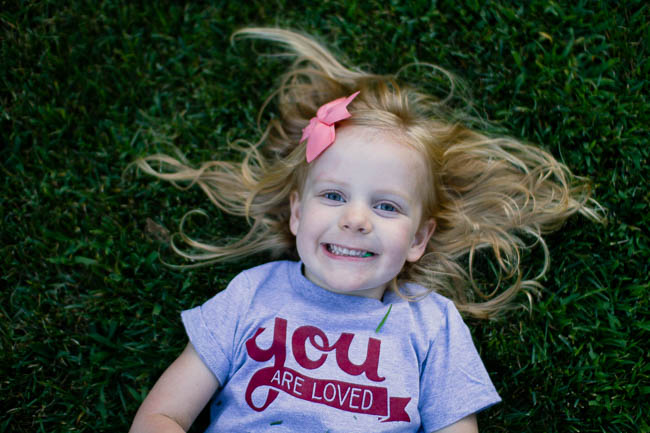A t-shirt can send a message about sex trafficking. Drew Oxley thinks he can send an even stronger message by creating jobs and economic opportunity for former sex workers.
After a successful Kickstarter campaign, the Cincinnatti entrepreneur will source The Parative Project’s t-shirts, tote bags and banners from India via the Aruna Project, which supports women rescued from India’s brothel system and Freeset, which trains and creates employment opportunities for former sex workers in Kolkata.
And to complete the loop, the products themselves will send messages back to the women who made them. Oxley designed shirts and other merchandise “to speak backwards,” as he says. Phrases like “You are loved” and “Our freedom is tied together” have been tested to resonate with the former sex workers who make the products on which they appear.
Oxley, now 27 years old, started his business in college, making and selling t-shirts to promote local bands at festivals and flea markets in Cincinnati. Then he heard Ryan Berg, who would later found the Aruna Project, speak about human trafficking for the first time. “I was young, I was aware of problems in the world, but to hear that a child goes missing in India every eight minutes?” Oxley remembers. “And that sex trafficking is happening here in my own city? I thought to myself, ‘Who else doesn’t know?'”
Oxley began designing tees to spark conversation about sex trafficking and spread messages of hope. He partnered with human trafficking organizations around Ohio, like BE FREE Dayton, often splitting the proceeds. “T-shirts communicate. They have the potential to connect people,” he says. “I had this platform and I could raise awareness about this important issue.”
A few years later, Oxley ran into Berg again, at a Cincinnati coffee shop. Berg was launching the Aruna Project in India to care for and create job opportunities for women escaping the brothels. Berg introduced Oxley to Freeset, which was already working in Kolkata, creating employment opportunities for former sex workers, with wages double the prevailing rate, health insurance and a retirement plan.
“Businesses generally choose the best people for a job and pay them the lowest possible wages,” writes Freeset on its website. “Here, women are employed on the basis of their need for freedom, rather than their qualifications – many have had little or no schooling.”
Oxley decided Parative Project’s tees would no longer just tell a story: they would be made by and empower the women whose story they were telling. He moved to expand the Parative Project’s mission by contracting with the two organizations to manufacture his tees, tote bags and banners in India.
The Parative Project’s recent Kickstarter campaign raised more than its target of $20,000 to move its production to India. More than 300 people pitched in (and got the newly designed products). In addition to placing orders with Aruna and Freeset, the social enterprise will rebuild its online marketplace for wholesale purchase orders.
“Business should be built for people,” says Oxley, “rather than to take advantage of them. We want our story to agree with our end product.”











